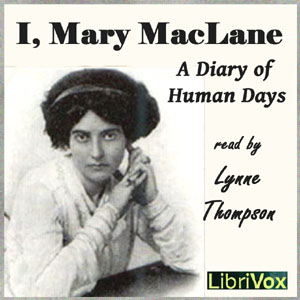Description
By: Oscar Wilde
“A Woman of No Importance” by Oscar Wilde is a compelling and thought-provoking play that explores themes of gender, class, and social norms in Victorian society. The story follows the character of Mrs. Arbuthnot, a woman who has a scandalous past and struggles to find her place in a society that values reputation above all else.
Wilde’s witty and sharp dialogue makes for an engaging read, with the characters engaging in clever banter and discussions about morality and love. The play raises important questions about the double standards applied to men and women, as well as the power dynamics between the upper and lower classes.
Overall, “A Woman of No Importance” is a timeless classic that continues to resonate with audiences today. Wilde’s keen insight into human nature and society’s expectations make this play a must-read for anyone interested in exploring the complexities of Victorian society.
Book Description:
A Woman of No Importance is a play by Irish playwright Oscar Wilde. The play premièred on 19 April 1893 at London’s Haymarket Theatre. It is a testimony of Wilde’s wit and his brand of dark comedy. It looks in particular at English upper class society and has been reproduced on stages in Europe and North America since his death in 1900.











